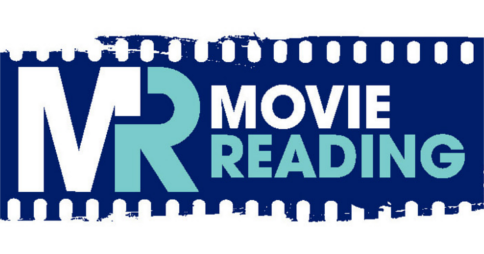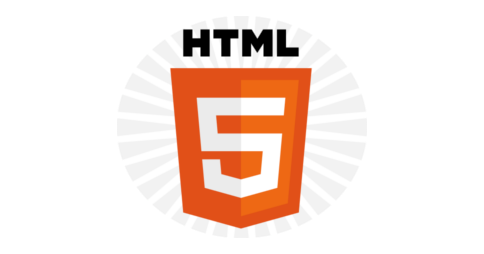Disability
Q&A: IAAP’s CEO Chris Peck
ACMA reports on Australians’ online video use
Audio description app trialled in the UK
no
Show on home page

The app was developed by the Italian company Universal Multimedia Access, which also created the MovieReading app. This allows a caption file for a movie to be downloaded to a user’s smartphone or tablet, so that the captions can be watched as the movie screens in a cinema.
Top of page
Coles web accessibility case settled
Harvard & MIT sued over lack of captions
Senate committee reports on proposed captioning changes
Think ‘Smart’ – IEP goals for access
YouTube admits automatic captions have a way to go
no
Show on home page

In comments made to the BBC, YouTube said that, while it believed having automatic captioning for video content was better than have no captioning at all, there was still plenty of room for improvement.
Digital media and technology:
Top of page
YouTube embraces HTML5
no
Show on home page

In a recent blog post, YouTube Engineering Manager Richard Leider wrote that this was largely due to a maturing of HTML5—a core technology underpinning the web, and as at late 2014, an official Word Wide Web Consortium (W3C) Recommendation.
Taxonomy:
Digital media and technology:
Top of page







